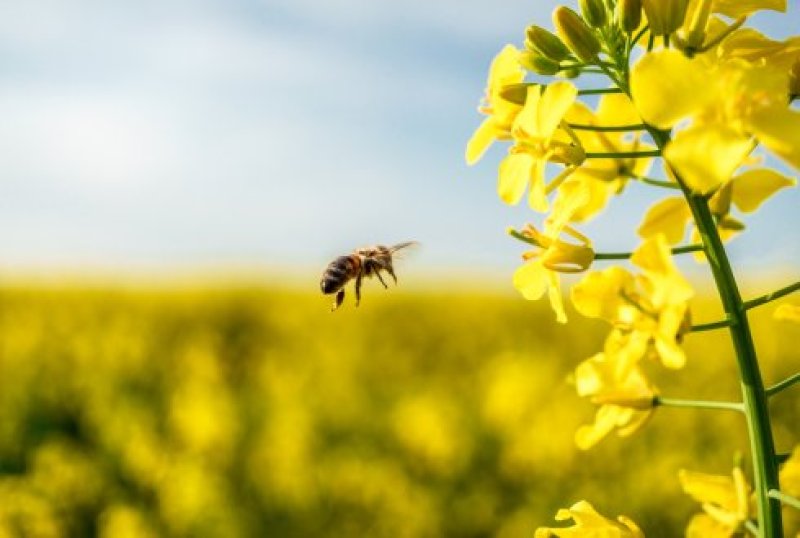Calls to ban ‘bee-harming pesticides’ heightened last year following the release of new field studies on the effects of neonicotinoids, and against a background of reports of ‘ecological Armageddon’ in the form of declining insect populations.
…
However, some scientists have warned of unintended consequences. One fear is that farmers will replace neonicotinoids with alternatives that may be even more damaging for wildlife. A ban may also reduce the effectiveness of other chemical control measures: our over-reliance on a few chemicals has already led to pest resistance, a problem that could be exacerbated if farmers simply replace neonicotinoids with classes of pesticide which are already widely used.
…
With intensification of agriculture and a reduction in natural habitat implicated in declining bee populations, a predominant public focus on neonicotinoids also risks distracting us from other important factors affecting the health and abundance of bees and other insects.
…
[T]he best way forward may lie somewhere between a total ban and the widespread use of neonicotinoids which has occurred in the past. We would like to see a more judicious use of all pesticides, with a requirement for more targeted use. A neonicotinoid ban alone, without due consideration of potential yield losses and a clear strategy for alternative pest-control measures, could leave agriculture, and potentially insects, worse off.
Editor’s note: Gia Aradottir is a scientist at Rothamsted Research and Rebecca Nesbit is an ecologist and science writer
Read full, original post: We need a plan, not just a ban































